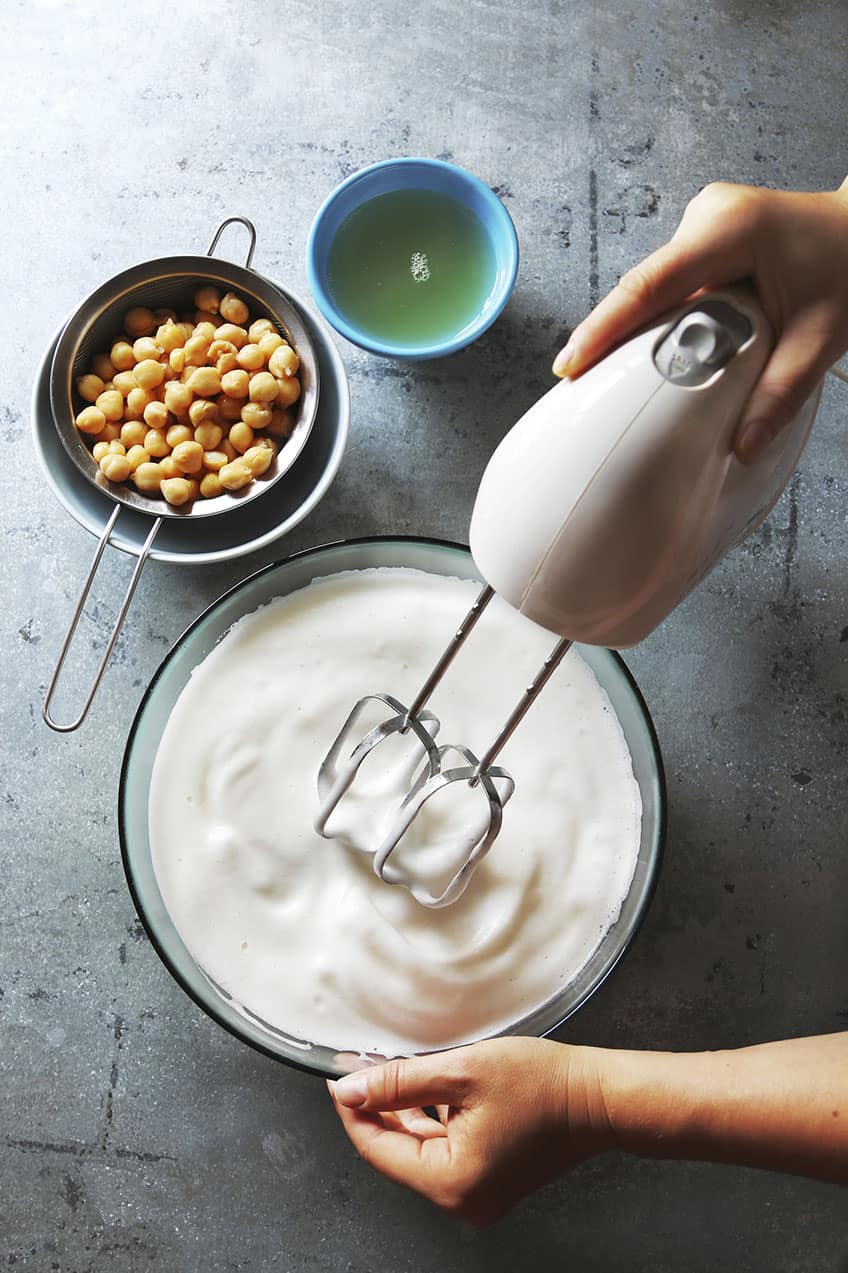Our Favourite Vegan Baking Substitutes
Fewer trips to the grocery store and greater reliance on pantry supplies means a lot of us are getting pretty ingenious in the kitchen these days. Whether you’re whipping up another batch of cookies or making nutty granola bars for healthy snacks, you might well be looking at how to make some old favourites without eggs or dairy. To help out bakers, both experienced and new, we thought we’d put together a quick guide to our favourite vegan baking substitutes.
Before we dig in, a brief note on general principles. Having been vegan for more than 15 years, I can say with some authority that good vegan baking, as with successful non-vegan baking, relies on a basic understanding of culinary chemistry. This might mean mixing an acid with a base to quickly create gas, or using the amazing ability of complex starches to soak up far more water than seems possible. As with any cooking or baking adventure, the fun is in the trial and error, so don’t be afraid to experiment!

1. The good old flax egg or chia egg
Those little flax seeds are really quite magical when ground into a meal and mixed with a little warm water – the same goes for chia seeds. And both are a great source of short-chain omega-3s for vegans!
Thanks to their high fibre content, ground flax and chia seeds soak up water to form a viscous paste that works just well as a vegan egg substitute. You can’t use them to make meringues (see aquafaba below), but a flax or chia egg works well if you’re looking for something vegan to help bind cookie dough.
Mix 1 tablespoon of ground flax or chia seeds with 4–5 tablespoons of warm water. Let the “egg” thicken up while you measure out your other ingredients, then add the paste to other liquids like you would a regular egg.
2. Aquafaba (chickpea water)
If you’re baking and want your concoction to rise and stay risen – think soufflés and meringues – you’ll probably look to eggs to work their magic. Don’t worry, vegan bakers! Meet aquafaba.
Aquafaba (literally “bean water”) is the thick liquid surrounding canned chickpeas or other beans. You can also skim aquafaba off the top of the pan when cooking beans at home. This liquid is rich in complex starches, and those long fibres behave similarly to the long-chain proteins in egg whites; in other words, they can be partially denatured or unfolded through mechanical frothing or whisking and then permanently denatured through cooking so your soufflé doesn’t fall flat.
Next time you’re looking to add a little airiness to a vegan brownie, pudding, or pie, or even create a vegan meringue, try aquafaba. Ideally, try saving the starchy water from cooking your beans or save the liquid from a BPA-free can of chickpeas.
Find out more about how to use aquafaba at The Minimalist Baker.
3. Non-dairy milks
Cow’s milk is basically a mixture of sugar (lactose), fat, and protein, with some added calcium and vitamin D. As such, substituting cow’s milk for another type of milk in vegan baking isn’t rocket science. Full-fat soymilk is a great option if you’re making a sauce or batter with a richer, velvety feel, while rice milk is lighter and less protein-rich or fatty.
Almond, coconut, and cashew milk all have a stronger flavour, so make sure these complement your recipe before using them. And a good thick oat cream is a fantastic option for making chocolate truffles or a ganache.
4. Apple sauce
Apple sauce is a great refrigerator staple for vegan bakers as it offers a quick way to bind batters. You can also use apple sauce to bind a raw pie crust made of ground nuts, or for a refined sugar-free frosting with almond meal. Apple sauce is especially handy if you’re trying to keep the fat content of a recipe to a minimum.
5. Chickpea (gram) flour
As a protein-rich and iron-rich flour that doesn’t contain gluten, chickpea flour is an excellent pantry staple for vegans and vegetarians. Add a little to brownies or other baked goods to lower their glycemic index and increase your protein and iron intake. And, because it doesn’t contain gluten, chickpea flour doesn’t turn foods gummy.
Craving an omelette or frittata? Break out the cast iron pan and the chickpea flour. One of my go-to dishes for vegans and omnivores alike is the crowd-pleasing soccattata, which is made with fresh veggies and chickpea flour. Super simple and a great dish to make in advance for a picnic lunch or a fancy dinner, the soccattata is also versatile as you can substitute any number of veggies. I like to sauté mushroom, kale, tomatoes, onions, garlic, and peppers in my cast iron pan and then add the chickpea flour, water, salt, rosemary, and olive oil mixture before baking in the oven.
6. Butter substitutes
Finally, if a recipe calls for butter and you’re looking for a vegan-friendly substitute, consider why butter is an ingredient in that particular recipe. Is it simply there as a fat to add a little flavour and make a batter easier to handle? If so, consider switching the butter for canola, avocado, or even olive oil.
If a recipe relies on that “buttery” feel, however, such as for frosting or a pie crust, you might want to check out one of the many vegan shortenings or margarines available in stores. But make sure they don’t contain trans fats or partially hydrogenated oils, which are bad news for heart health. If the recipe can handle a little coconut flavour, try using unrefined coconut oil. Or, for all the fat and less of the flavour, use refined coconut oil.
.png)